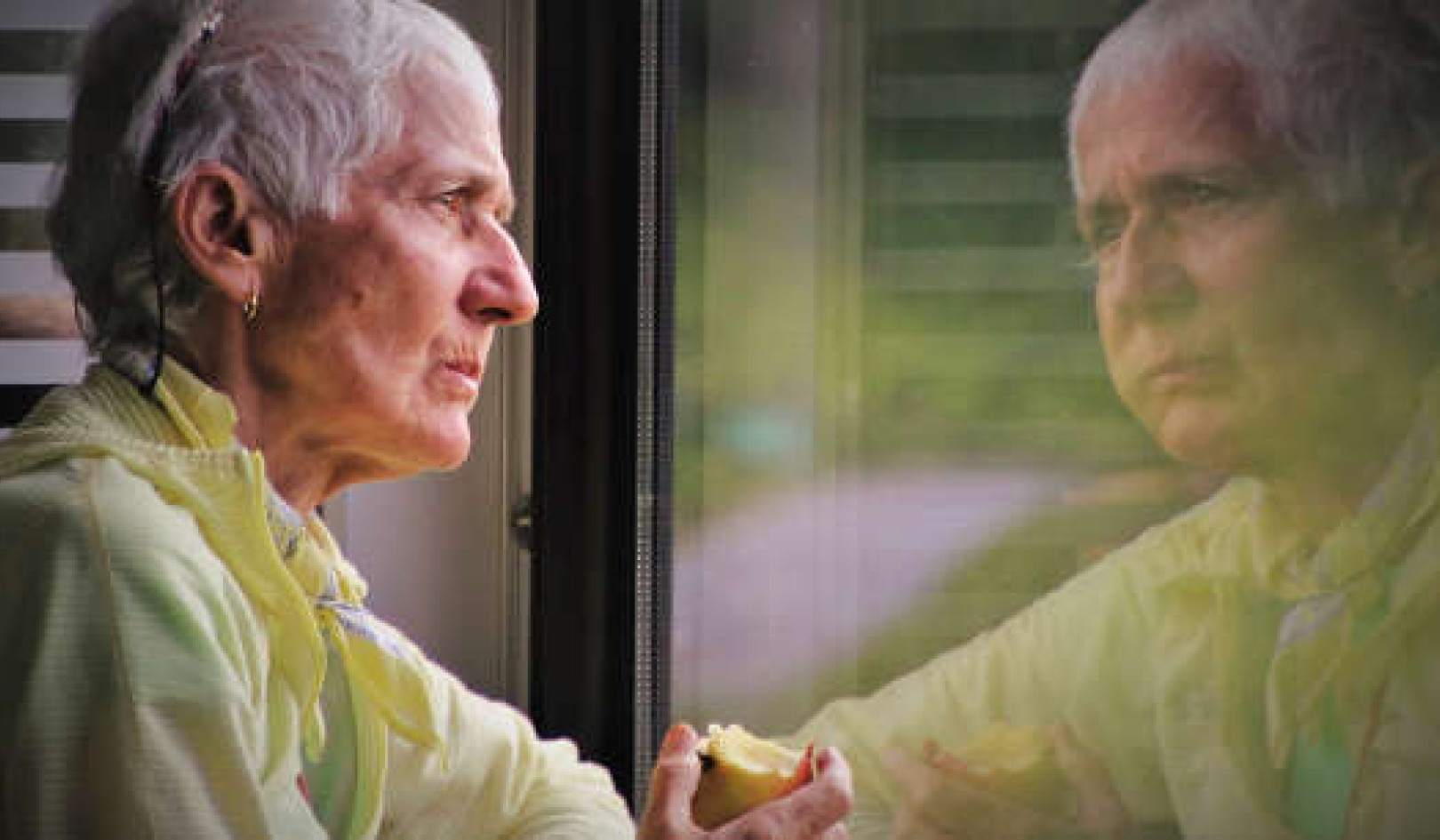
Old age is a time of many challenges. Retirement brings opportunities, but for many people it also results in loss of role and income. Loved ones may die, leading to the need to grieve and reconstruct life, sometimes without a partner of many years. In advanced old age, physical and mental frailty may lead to further loss of role and greater dependence on others.
Many older people cope well with these social, psychological and physical losses. They do so using personal resources developed over many years, resources that can aptly be described as “spiritual”. This term is distinct from religion since it embraces people of all faiths and none. Broadly, it covers what gives life meaning, purpose, hope, connectedness and a sense of value.
The specific challenges of old age mean that people may have to define what gives their life meaning in a new way, developing new connections, re-evaluating their role in society and sometimes finding the strength to cope with unavoidable suffering.
Viktor Frankl – an Austrian Jewish psychiatrist who survived three years in Nazi concentration camps when he was in his late 30s – stressed the importance of having a purpose in life for survival. His work before World War II included successful initiatives in suicide prevention. During his incarceration, however, he refined his ideas through observing how he and others dealt with the experiences of the concentration camps.
Frankl identified finding new meaning through love, dedication to a life’s work or coping with unavoidable suffering as being of vital importance. He also developed a form of existential therapy which he called logotherapy – for him, existential issues were related to God and spirituality.
Spiritual resources
As old-age psychiatrists, we have long been interested in how people’s personal, spiritual resources help them to face the challenges of ageing, including the challenges of ill health and even the existential threat of impending death. We see this as a kind of spiritual resilience that helps them cope with social, physical and psychological challenges.
However, while spiritual resilience can help an individual cope with their own ageing, their spiritual well-being may be challenged by these losses and threats. Those who provide health and social care need to take this into account, and support patients and clients in finding the resources to cope with these challenges
Modern medicine and nursing are proud to be “evidence-based” in approach. We have careful scientific evaluations of how to match treatment to diagnosis – but sometimes we neglect the equally important science of human relationships. Put at its simplest level, it is no use prescribing the right treatment if the patient is unwilling to take it because we have failed to win their confidence. The technical and the interpersonal aspects of clinical care should go together. Being prepared to assess spiritual need and deal with it – or signpost the patient to those who can help – should be part of good medical practice.
With colleagues in the spirituality special interest group at the University of Huddersfield we have developed a description of spiritually competent practice that:
Engages a person as a unique spiritual being, in ways which will provide them with a sense of meaning and purpose, connecting or reconnecting with a community where they experience a sense of well-being, addressing suffering and developing coping strategies to improve their quality of life. This includes the practitioner accepting a person’s beliefs and values, whether they are religious in foundation or not, and practising with cultural competency.
This kind of approach takes time. Repeatedly in our group’s research, we came across narratives of how spiritually competent practitioners have to “fight” the system, for example to ensure elderly patients are not discharged from hospital prematurely before their legitimate anxieties have been dealt with and the connections with their wider communities sufficiently established. This necessitates addressing the whole person, including their sense of meaning and purpose, and connection with others.
At the moment health and social care are under enormous pressure to become ever more “efficient”. Time spent with a patient or client is easy to measure – but the quality of the care offered may be reduced if workers are too rushed and stressed. Older people’s health and care issues are often more complicated: coupled with hearing loss and other sensory problems this may mean that more time is needed with them than with younger adults.
Some headway has been made in developing narratives that explore how older people cope with the spiritual challenges of ageing and how healthcare workers can help, for example, by finding time to listen and taking these less tangible needs into account in planning management and care with rather than for the individual. Spiritual needs can be crushed by an impersonal approach that emphasises technical performance at the expense of humane care, and finding the time to listen begins to address this problem in a person-centred way that takes into account spiritual as well as technical factors.
Only by considering the specific needs of older people can we make sense of what old age brings without the benefit of personal experience. Old people themselves often have tremendous spiritual resources to cope with these difficulties, but health professionals need to ensure these are fully respected at all stages of treatment. The way services are managed and evaluated needs to maximise the potential for this kind of action and to respect the role of family and friends in providing essential connectedness and support.
We need a health and social care system that is motivated by a spirit of compassion and not by a spirit of fear. This is important for people of all ages but especially for older people who often face multiple challenges. Some organisations manage to sustain this positive spirit, even in the face of monumental challenges. Others fail.
Clinical and caring professions should be built on concern and compassion for the whole person, regardless of their age of capacity. Human beings should not be treated as though they are machines and that mechanical repair is all that is needed.
About The Authors
John Wattis, Professor of psychiatry for older adults, University of Huddersfield. He has published research on the development of old age psychiatry services, alcohol abuse in old age, the prevalence of mental illness in geriatric medical patients, educational issues in old age psychiatry and outcomes of psychiatric care for older people.
Stephen Curran, Professor, University of Huddersfield. As well as running a busy old age psychiatry service he is also Lead Clinician for the Wakefield Memory Service and Associate Medical Director for Education and Training for the South West Yorkshire Partnership NHS Foundation Trust.
This article was originally published on The Conversation.
Read the original article.
Related Books
at InnerSelf Market and Amazon























